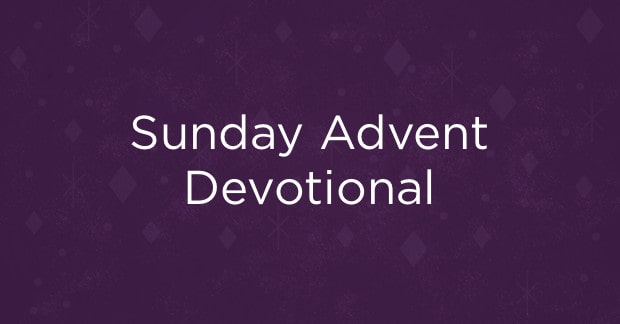Over the course of his noteworthy career as a theologian, John Frame corresponded prolifically with theologians, pastors, and students, answering their questions on matters of the faith, the church, and the practice of theology.
The Theological Correspondence of John Frame now makes this correspondence available exclusively through Lexham Press and Logos Bible Software. More personal, but no less theologically robust than his academic work, Dr. Frame himself states that this collection of letters is the single most comprehensive account of his theological thought.
Ranging widely in topic and spanning over 300,000 words, Theological Correspondence contains letters that will be of value to any pastor, theologian or student, just as they were to the original recipients. Organized topically and fully tagged and cross referenced, this resource is now the best single account of Dr. Frame’s thought available and an invaluable tool for the study of theology in the Reformed tradition.
Theological potato chips
Our editor Elliot Ritzema had the privilege of working on this resource and provides his thoughts on some of the nuggets he found within:
The letters in The Theological Correspondence of John Frame are like theological potato chips. Whenever I look through the manuscript, no matter how many other things I have on my to-do list, I always want to read another letter, and another. Many of the letters are Frame’s responses to common questions Christians have that he has not answered elsewhere, such as what the Bible says about ghosts. Here’s his response:
Deuteronomy 18 and other passages mention occult practices, among them making contact with the dead. It doesn’t seem to me to deny that this is possible, only that believers should not try to do it.
On a couple occasions, BELIEVING dead have returned to earth—Samuel in the witch of Endor story, and the dead saints in Jerusalem around the time of the resurrection of Christ. But these appearances are limited in time and place, and they are presented as extraordinary.
As for the unbelieving dead, I’ve always thought that Jesus’ parable of the rich man and Lazarus described what the afterlife is really like: believers in Abraham’s bosom, unbelievers in torment a great gulf away. That would mitigate against the possibility of ghosts—souls of the dead who hang around particular places in the world.
But I can’t entirely rule it out. Perhaps for some wicked dead, the “torment” is precisely waiting around in this world for a while, watching things develop without being able to really participate. Scripture in any case is not explicit on the question.
If it happens, it’s not Satan, ultimately, who imposes the punishment. It’s God.
At other times, Frame is summarizing what he has written about elsewhere in response to a particular question. For example, here are this thoughts in the importance of application in Christ-centered preaching:
The gospel has a center and a circumference. The center, of course, is Christ (presumably including the incarnation, atonement, and resurrection). The circumference contains all the blessings that result from his work, both in this life and in the life to come: the virtues of love, joy, peace, etc.; the worldview that shows how Christ brings everything together; the historical perspective; the providence of God in the natural world; the cultural mandate; etc.
Now, when a preacher focuses too much on the circumference, we tend to get the thoughts indicated in your letter, that we are abandoning Christ in favor of culture.
On the other hand, if someone preaches Christ, with no circumference at all, then (1) he misses a lot of biblical material, and (2) he misses a lot of the relevance of Christ.
The two-kingdom guys I discuss in my Escondido book want to focus on the center almost exclusively (the “almost” indicates some unclarity). On the contrary, I think the gospel does promise a new life, one that changes work, study, marriage, family, culture, everything. Of course, none of these mean anything apart from Christ. But without this circumference, Christ becomes a conceptual blank. A Savior from what? A Lord of what?
So I think we need to have “how-tos” in preaching. And the gospel is often “therapeutic,” because many of our ills are rooted in sin. And it is not wrong to speak of “me” as well as “him”: Check out all the first-person pronouns in Psalm 18. But this psalm is as God-centered as anything can be.
So, drab is it may seem, my message is one of balance. I can get upset with preachers who lack balance on either side.
That, anyway, is a perspective.
Hope it helps a bit.
There are literally hundreds more examples I could have chosen of thoughtful, rigorous, yet brief responses to theological questions. If you buy The Theological Correspondence of John Frame, be sure to clear your schedule. Like me, you may find it hard to keep from devouring it all in one sitting.
* * *
You can get The Theological Correspondence of John Frame for 20% off this month!





